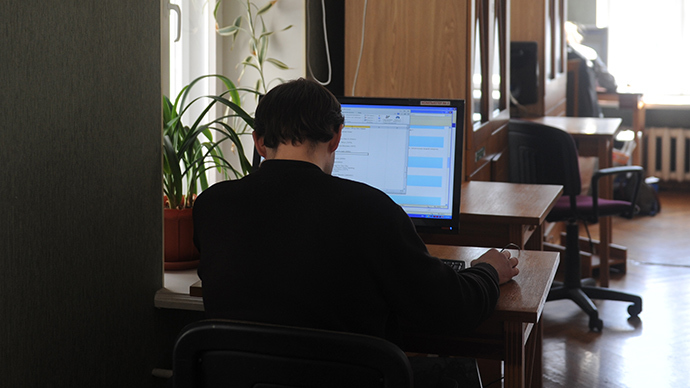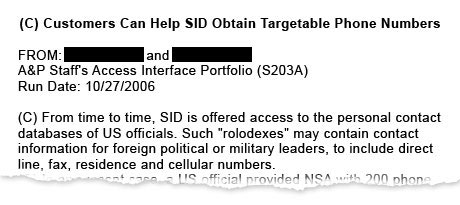While some have responded to reports of NSA spying and advertising tracking our every click online by increasing their privacy through encryption, Tor, and Bitcoin, one Arizona professor is going down a very different path. This self-described anti-privacy activist is hoping the public will donate a staggering $300,000 to help him live without privacy for an entire year by live streaming every moment of that year (yes, even peeing and having sex).
Noah Dyer launched a Kickstarter on August 1, asking for $300,000 to buy cameras, pay eight employees to film him for a year, and pay for hosting and streaming online for the world to see. So far, things dont look good. With 13 days to go, Dyer has only raised $303 from 26 supporters, many of whom he says are friends. He still needs to raise a whopping $299,697.
Noah Dyer, Courtesy of facebook
Dyers stunt is certainly not a new idea. Im reminded of the TV show Big Brother, except Dyers the only contestant in the game. Dyer is both the instigator and subject of his own Truman Show-esque experiment. Dyers project is shorter-term and less academic than MyLifeBits, a Microsoft research project digitizing the life of computer scientist Gordon Bell.
Dyer admits hes struggling to pair the stunt with the intellectual musing that motivated the project. I know that Im doing a stunt and creating sensationalism, and I also understand that its an intelligent issue, he says. I always knew that I needed people who disagreed with me to give a buck. I need people who are, like, this is stupid to still give a dollar to prove me wrong.
No one seems particularly motivated by the thought of proving him wrong (or the thought of creepily observing him for a year). Beyond funding, the logistics of the project are still up in the air. This kind of video project is new to Dyer, and there will be a lot of technical coordination required to keep video streaming for an entire year. Dyers four childrenages 11, 9, 7, and 6have agreed to participate in the project but still want a way to communicate with him privately on occasion. As a professor, Dyer has to (somewhat ironically) protect the privacy of his students while conducting this anti-privacy experiment.
Dyers motivation for the project stem from the belief that the government has too much power over the people today and too much information that it doesnt disclose. But Dyer believes regaining privacy is a losing battle. With the level of technology we have and the level of trust it requires, I dont think any true notion of privacy exists, he says. There will always people who can turn it on its head.
Instead, Dyer thinks we would be better off if privacy didnt exist at all, once people got over their fear of being judged. On the business side, Dyer believes innovation would flourish in a world where advantage will be maintained not by secrecy but by executing flawlessly.
The world Dyer describes sounds like the setting for a great piece of science fiction. He has a point about how difficult it is to achieve privacy in the digital age, but achieving no privacy would be far more difficult than his task of raising almost $300,000 in just under two weeks, and likely impossible.
Additionally, by choosing to broadcast his own life, Dyer is actually taking control of his own privacy. Rather than wondering if someone might have access to his information, Dyer is deciding exactly how he wants to share it. The limits of the projectfor example, Dyers thoughts will still be privateallow him to choose exactly how much he is comfortable sharing with the world, which is exactly what people want when they ask for privacy.
Read the original:
Privacy Activist Still Needs $299,697 To Fund His Kickstarter To Webcast Every Moment Of His Life


